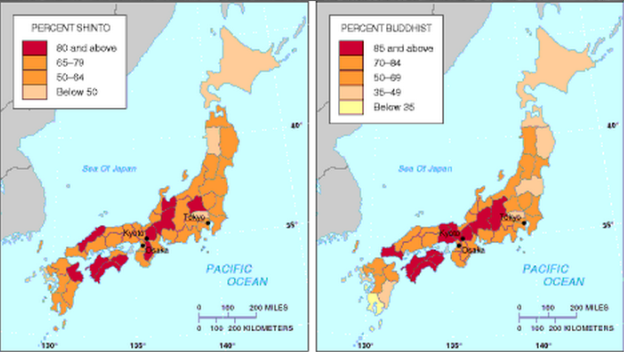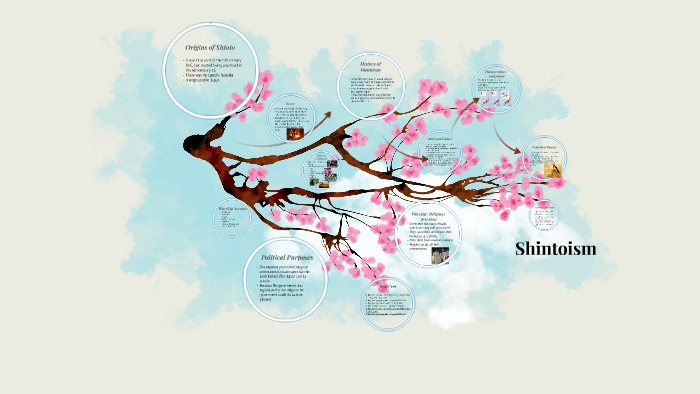

Being taken beyond ourselves is always a good thing. We become so comfortable in our own beliefs and fail to notice how narrow they are. It’s so easy to believe that our Western mindset offers the only possible way of understanding a great many things. We can learn from Shinto – learn about the possible forms religions can take, about ways of relating to the spirit world, and different ways of thinking. Shinto as a faith is inherently Japanese, but, as this book is keen to make clear, that doesn’t mean it lacks relevance for the rest of the world.

I’m so glad that’s turned out not to be the case.

The first book I read on Shinto was fascinating, but had largely given me the impression that I must forever stand too far outside to be able to understand much at all.

Exploring concepts that belong to a whole other culture and language is not easy going, and yet this relatively small book undertakes to make a great many things make sense. There are words in Japanese that just don’t exist in English, and take some explaining. Shinto is, in terms of its outlook and structure, very different from most Western religions. I found it gorgeously written conveying complex ideas in accessible ways. This is the second book I’ve read on Shinto. As far as that, this book met and exceeded by expectations. Elements of Shinto tie into entertainment I enjoy from Japan and I wanted to learn more from a religious perspective. My reasons for reading this book were purely secular. And, although the introductory chapters may read as preachy the later ones strongly advise caution in worship (separating one's desire to be communicating with spirits from the innate creative elements of the human mind) and also returns to the notion that although aspects of Shinto may have universal truth, the application of them should have context to the culture practicing them. He provides insight into prayer and meditation techniques. Within that structure he dissects words to get to the core of their meaning. In that sense it is heavy on the religion and philosophy, making statements of belief as truth. I think it is written by a true believer who wants to translate for the public the core elements of his belief system. However, I disagree that the entire book is preachy. This is absolutely a book written by a religious practitioner rather than a secular scholar. Not so much because any of the low star reviews are incorrect about some tonal elements but because I would have missed out on some very interesting translations (language and cultural). Well, first of all, I am glad I didn't read the goodreads reviews prior to picking up this book.


 0 kommentar(er)
0 kommentar(er)
